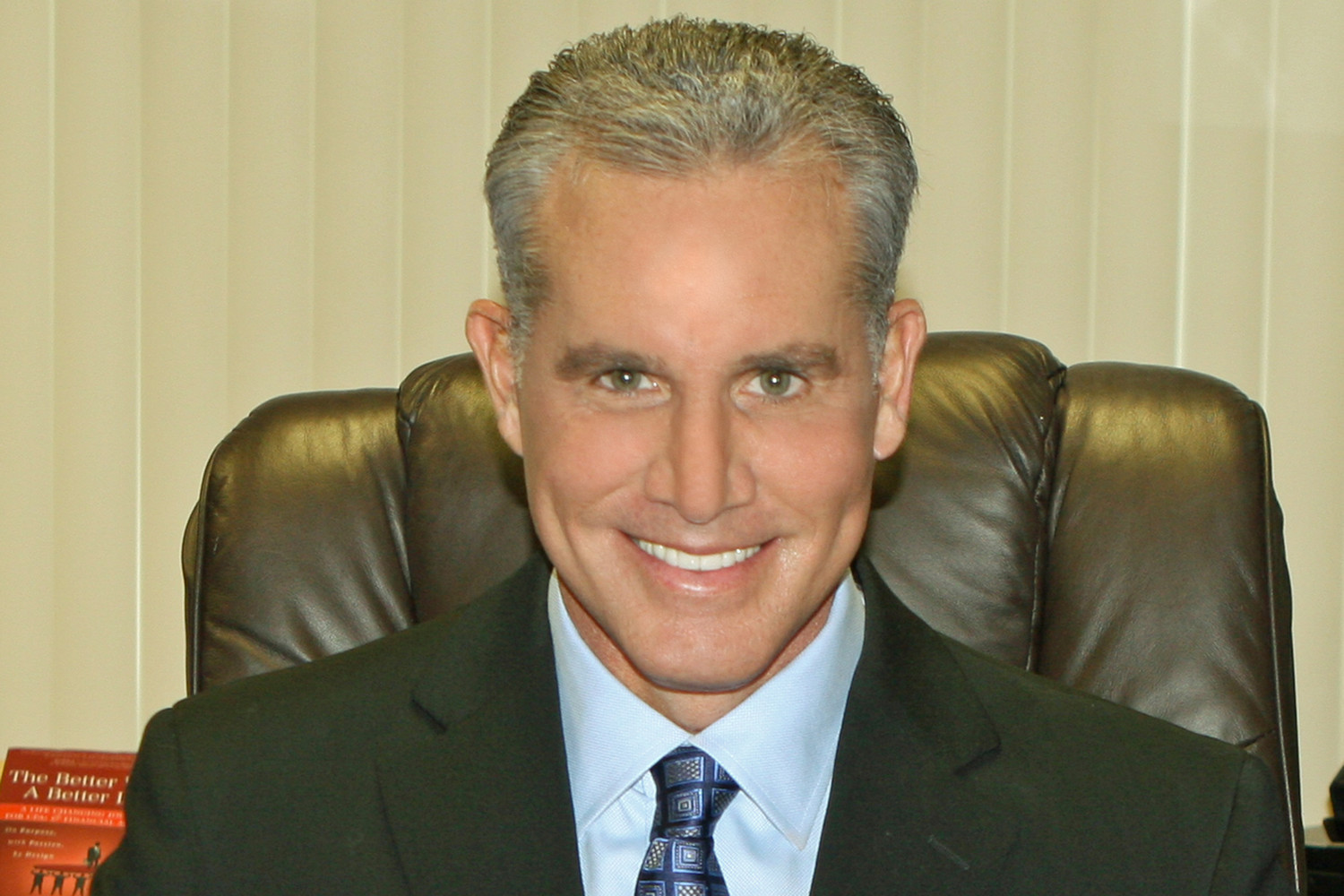Advice to investors: Beware of the futurists and carry some salt
Every day, highly credentialed professionals are either predicting a stock market crash or boom. How can two respected market forecasters with the same information arrive at completely different conclusions? Welcome to the world of stock market predictions.
Of course, I have no idea who is right, nor do I give a flip! Both are just futurists who arguably are trying to garner attention for self-serving reasons. I have been a financial advisor for 33 years, and I cannot predict with any degree of certainty about the direction of the stock market and what I have going for me is that nobody else can either!
Therefore, my advice to you is not to read, listen to or consume stock market prophecies regardless of how compelling the story. I cannot begin to tell you how many professional market forecasters have gotten it wrong and I mean really wrong with their doom and gloom forecasts, as well as the ones with their dreamland predictions.
Nevertheless, a few weeks ago, I got in touch with the all-knowing Google to inquire about some of the biggest blunders regarding stock market predictions. What follows is incredibly fascinating, at least to me, and should underscore my position that your guess on the direction of the stock market is as good as anyone. However, one thing we know with certainty is that in spite of the incredible volatility, the stock market moves higher over time. So, without further ado, here are some of the biggest stock market prediction blunders:
1. “Dow 30,000 by 2008: Why It’s Different This Time.” This was written in 2008 by a respected and successful stock manager. Not only did the Dow not hit 30,000, but, as we know, 2008 began the worst financial crisis since the Great Depression.
2. The internet will have no impact on investing: In 1988, this Nobel Prize-winning economist thought the internet would have no greater economic impact than the fax machine. The internet has revolutionized the investing industry and become incredibly significant in technological developments for the financial arena.
3. “Dow 36,000:” Yikes! Another huge miss! This is a book that was written in November 2000, not too long before the early 2000s recession. Eighteen years later and we are still waiting for the magical Dow 36,000.
4. Dow to Crash in 2013: In 2011, this well-known economist grabbed headlines when he predicted that in 2011, the Dow would have a difficult 2012 and eventually crash to 3,000 in 2013. Nope. That is not a typo; 3,000 was his Dow number!
5. “The Great Depression of 1990:” This highly respected economist garnered a lot of attention with his frightening prediction that the United States would face the Great Depression of 1990. His forecast looks silly in retrospect, but his book reached No. 1 on The New York Times bestseller list!
Folks, opinions are the cheapest commodities on earth. Everyone has a flock of beliefs ready to be wished upon anyone who will accept them. I put forth that we do not need gypsies with crystal balls, soothsayers wearing wizard hats, palm readers and stock market pundits with sketchy records of accomplishment to help us become successful investors.
Moreover, I argue that if you want to stack the odds in your favor, then you should tune out all the noise from the talking heads. Frankly, I don’t expect you to jump on my bandwagon, as I am just a financial advisor and not some well-known market forecaster. However, you might find it more compelling to heed the words of wisdom from arguably the most successful investor in our lifetime, the Forest Gump of Wall Street, Warren Buffett.
“Forming macro opinions or listening to the macro or market predictions of others is a waste of time,” Buffett said in his 2013 annual letter. “Indeed, it is dangerous because it may blur your vision of the facts that are truly important. When I hear TV commentators glibly opine on what the market will do next, I am reminded of Mickey Mantle's scathing comment: ‘You don't know how easy this game is until you get into that broadcasting booth.’”
In closing, please allow me to comment on my column title regarding “carry some salt,” as some of you may wonder what the heck salt has to do with futurists. Take a look at Leonardo da Vinci's painting, “The Last Supper,” and notice that Judas (second from the right) knocked over a salt shaker with his elbow. As we know from the New Testament, Judas betrayed Jesus, so people began associating salt with lies and disloyalty. Therefore, as it is told, throwing salt over the left shoulder blinds the devil, which is waiting to force us into acts of bad behavior. Therefore, the next time you read or listen to a stock market prediction, you might want to throw a little salt over your shoulder to help keep you from falling prey to the devil’s opinion … oops, I mean the forecaster’s opinion! Just saying!







